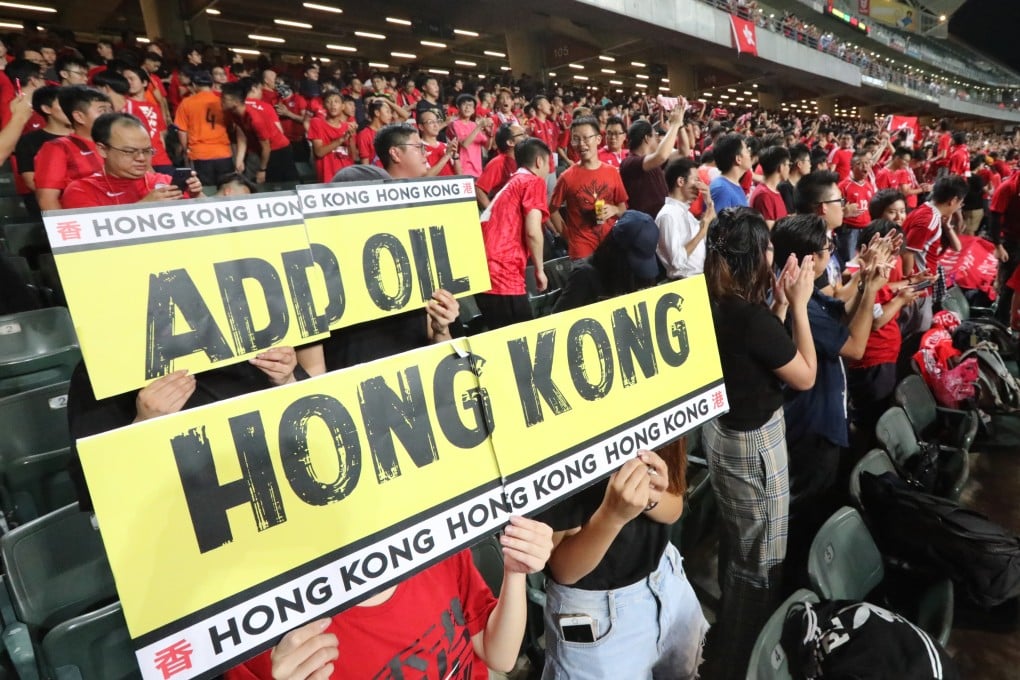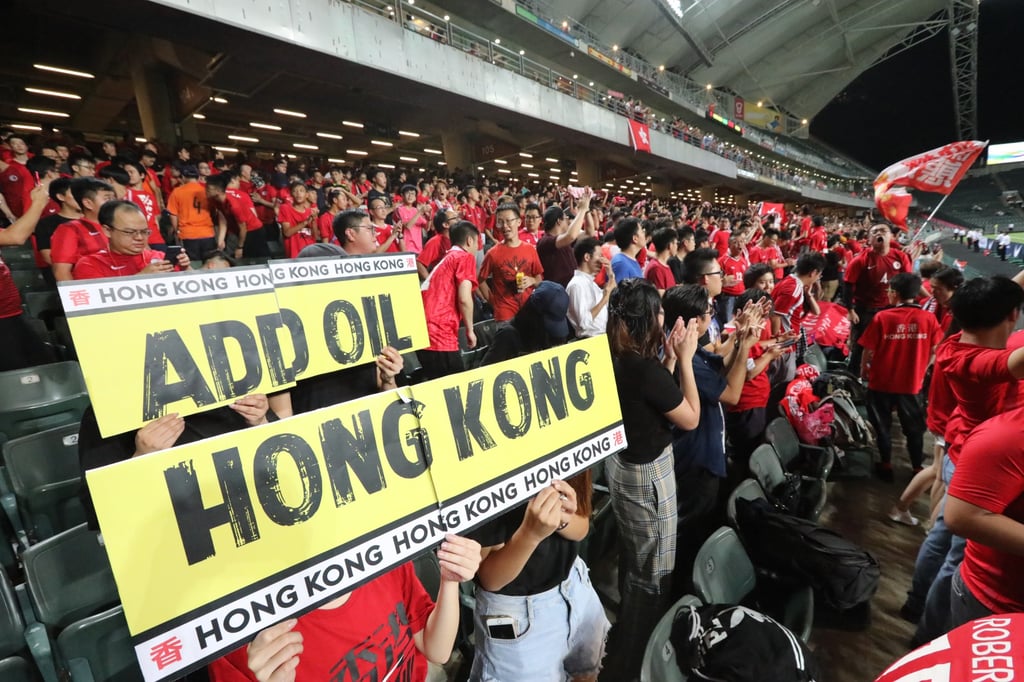My Hong Kong | Hong Kong phrase ‘add oil’ is older than you think – and we need it now more than ever
- The phrase ‘Hong Kong, add oil’, co-opted by demonstrators during the 2019 anti-government protests in the city, is in danger of being banned outright
- Hongkongers should retake ownership of the phrase ‘add oil’, which has centuries of history behind it and encourages people to stay strong and remain positive

No one can say for certain how the popular Hong Kong phrase “add oil” (ga yau) came about. To this day, its origins remain vague and sketchy at best.
For those of you who aren’t familiar with the term, it’s used to cheer people on and it’s much like the phrase, “go for it”.
Some say ga yau was coined as far back as the Ming dynasty (1368–1644). Personally, I lean towards the story that it originated during the Qing dynasty (1644-1912) when it literally meant adding oil to lamps.
This is how the story goes: one official at the time, who was a staunch education advocate, would order his staff to patrol the city late at night. If they saw students burning the midnight oil, so to speak, they would offer them oil for their lamps as a gesture of encouragement for their diligence.


